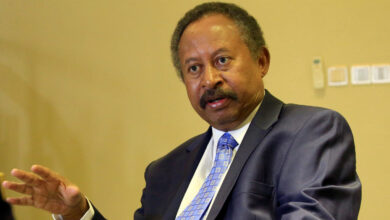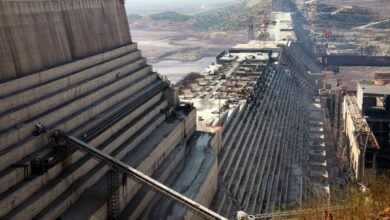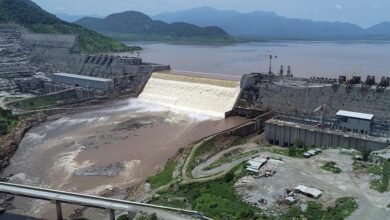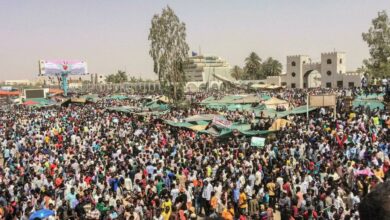Sudan
Sudanese Forces Shoot At Least 15 Protesters In Deadliest Day Since Military Coup
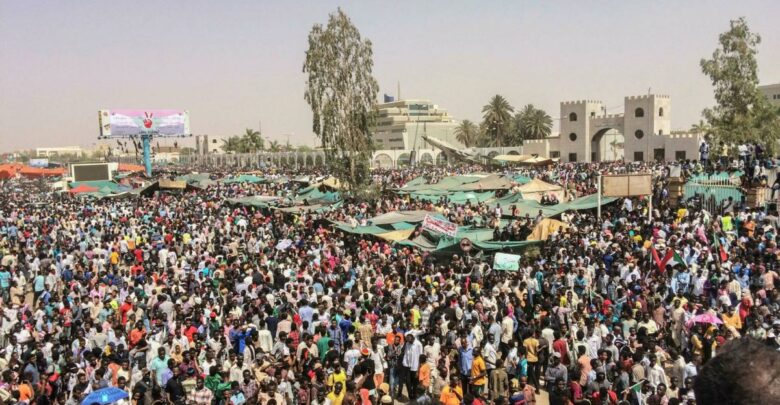
Sudanese security forces shot dead at least 15 anti-coup protesters and wounded dozens more as thousands of demonstrators came out on the streets on Wednesday, medics said, reported CGTN Africa.
The fatalities raised the death toll to 39 following protests since the military seized power last month, a pro-democracy doctors’ union said. Hundreds of people have been wounded.
Sudanese security forces reportedly fired live bullets and tear gas to stop the protesters. But the police have denied using live ammunition against the protesters. The state television has announced an investigation into the deaths.
According to the doctors’ union, most of the people who were killed had gunshot wounds on the head, neck, or torso.
In a statement, the Central Committee of Sudanese Doctors (CCSD) said security forces used live bullets heavily in different areas of the capital and that there are hundreds of gunshot injuries, some of them in serious condition.
The CCSD said that the security forces even arrested injured people inside Khartoum hospitals.
The Sudanese Professionals Association (SPA), an umbrella of unions that played a major role in the 2019 protests, denounced immense crimes against humanity and accused the security forces of premeditated killings.
“The day’s massacre reinforces our slogans: no negotiations, no partnership, no compromise” with the military, said the SPA leaders.
Sudanese military chief Abdel Fattah al-Burhan declared a state of emergency on October 25, dissolved the government, and detained the civilian leadership. Prime Minister Abdalla Hamdok was also detained for a short time and has been placed under house arrest since the coup.
He appointed a new governing Sovereign Council last week, replacing the country’s transitional government, which comprised of civilian and military figures. Al-Burhan reappointed himself as the head of the new Sovereign Council.
The military coup sparked strong condemnation from international institutions and world powers, with all demanding a swift and quick return to civilian rule.


